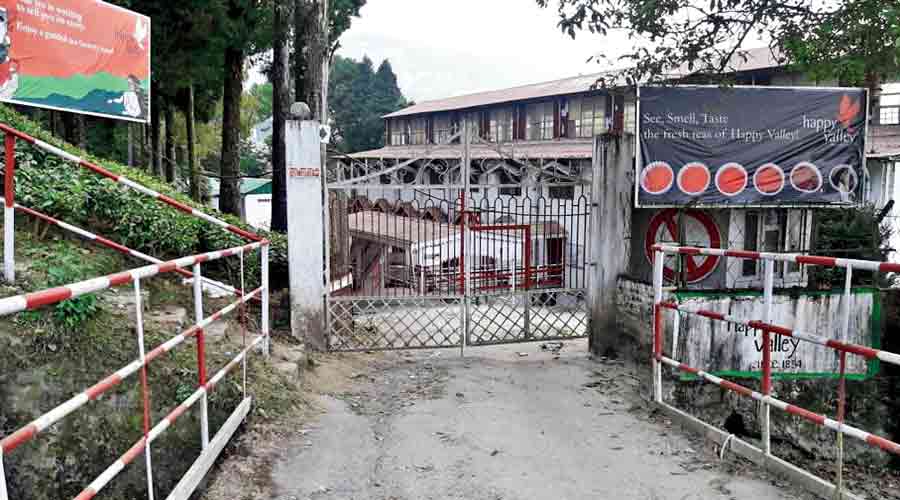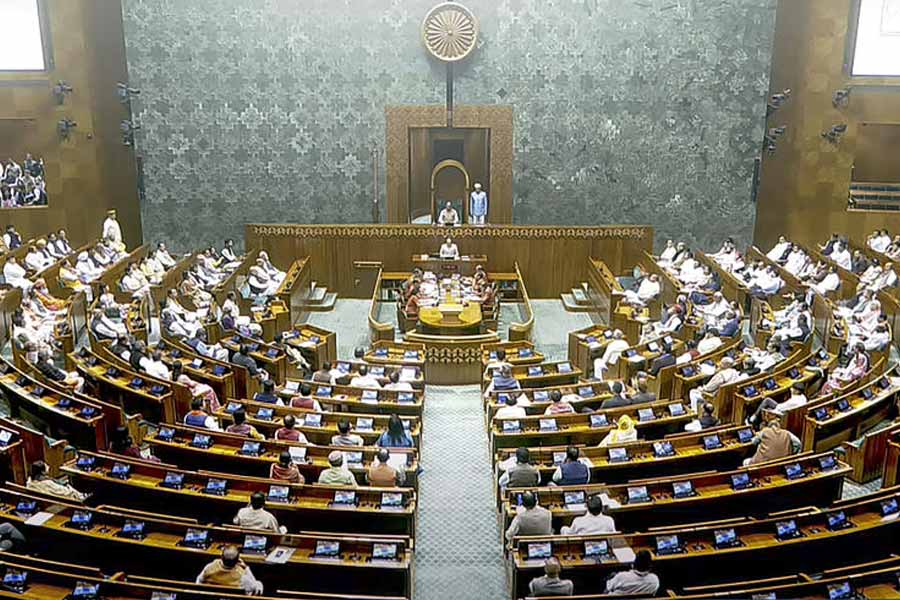The Tea Board of India has issued a notification allowing the opening of new factories to process tea leaves and the enhancement in the capacity of the existing units, subject to the approval from the board.
Earlier, there was a bar on the launch of new factories and the capacity augmentation of those under operation. The Tea Board’s argument was that the restrictions were needed to balance the demand and the supply.
The decision was welcomed by stakeholders of the tea industry, especially small growers who had been demand the abolition of the restrictions.
The notification was issued on January 4 by Rajanigandha Seal Naskar, the controller of licensing of the Tea Board.
“It has been decided that a no-objection certificate will be issued to any applicant who wants to set up a new factory or increase the capacity of an existing unit within a fortnight. After the completion of the work, the board will conduct an inspection, after which the registration certificate would be issued to the owner. The notification will come into effect on January 24,” said a source.
The Tea Board also decided that it would collect tea samples from each factory in every quarter and carry out tests to find out whether the produce was meeting the quality standards of the FSSAI (Food Safety & Standards Authority of India).
Bijoygopal Chakraborty, the president of the Confederation of Indian Small Tea Growers’ Associations (Cista), said the abolition of the restrictions would largely help the industry.
The small growers sell tea leaves to standalone units (commonly known as bought leaf factories or BLFs) which don’t belong to estates.
“So far, there was a bar on the establishment of new tea factories, especially the BLFs. The easing of rules will bring about competition which will help small growers get better prices for their green tea leaves. Besides, new factories will generate additional employment in the tea belt,” said Chakraborty.
Tea estates, which want to increase the capacity of their factories, will also benefit from the new notification, he pointed out.











